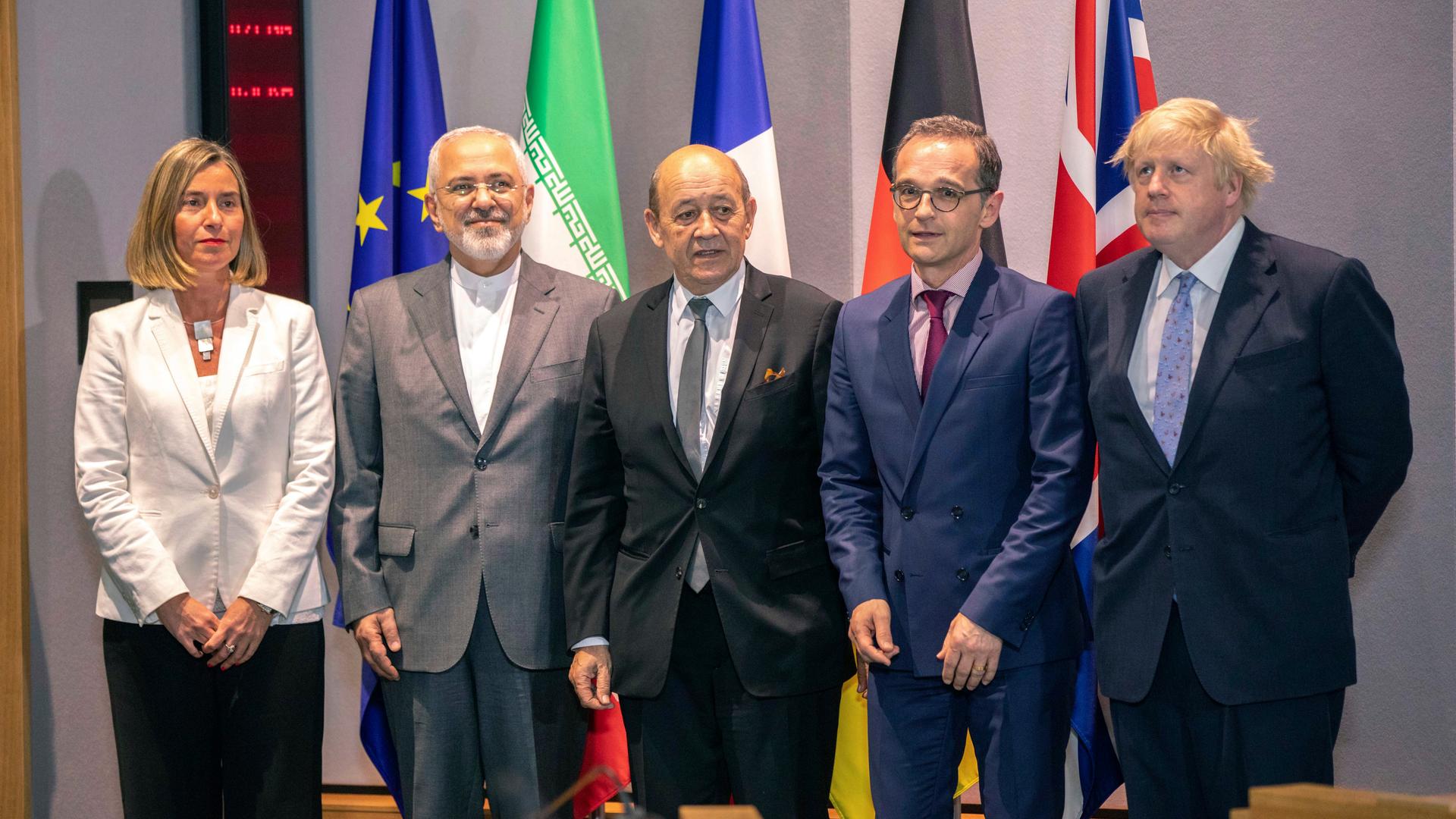US-Iranian absolutism could have been mitigated had the European Union and the United Nations shown some teeth over the last two years
US President Donald Trump would be wrong to believe that he has scored a victory against Iran and that Iran’s low-key response signals that “the world is a safer place”. Two rockets reportedly hit Baghdad Green Zone a day after Iran missile attacks on US targets in Iraq.
Tensions heightened following the killing on Friday of the Iranian Major-General Qasem Soleimani by the United States and the revenge missile attacks yesterday by Iran on important Iraqi bases housing US forces in Iraq.
Iraqi parliament asked American troops to leave, and Britain put the Royal Navy and military helicopters on standby amid rising tensions in the Middle East. Hezbollah’s leader, Hassan Nasrallah, threatened US soldiers stationed around the region.
Iran has justified its missile attacks in terms of self-defence as per article 51 of the UN Charter.
The US President Donald Trump who according to chapter one of the same charter is responsible “to maintain international peace and security” tweeted only two days ago that he may attack 52 targets in Iran including cultural sites, a position denounced by many as constituting a war crime.
He has now announced his decision for the killing of the Iranian general as a victory. Additionally, despite his failure to consult his European allies President Trump has now asked them to join in with him in leaving the Iran nuclear deal, encouraging the EU to join him to make a new deal with Iran, something we have heard from the US president repeatedly over the past two years.
Contrary to what Trump believes, Iran is unlikely to be “standing down”. Iran’s supreme leader, Ayatollah Ali Khamenei has called for the removal of the US from the region, and Iran’s Supreme National Security Council has threatened thirteen reprisal scenarios, the lightest of which would be “a historic nightmare for America”.*
Iran will wait until after the Islamic mourning ceremonies in 40 days and will work through its proxies and allies scattered all over the region for further plans.
The failures of the European Union and the United Nations
It could be argued that the EU and UN — that have failed over the past two years to apply sufficient preventative measures to avoid such escalation of tensions and have not been consulted by the US — would be reluctant to join in at this stage just to please President Trump.
The EU and UN’s inability to mediate Iran US talks, or saving the internationally binding ‘nuclear deal’ lies at the heart of today’s crisis.
President Trump had given many indications of his willingness to talk with Iran, but at the same time, he had declared an illegal economic war on Iran through devastating sanctions.
The fact that direct talks never materialised had as much to do with both sides obstinacy as it did with the inability of the partners to the Joint Comprehensive Plan of Action (JCPOA), especially the EU and UN, to stop Trump from tearing up the deal in 2008 and imposing devastating sanctions on Iran.
Nothing has changed in either of those respects.
Last month a prisoner exchange took place between Tehran and Washington with Swiss mediation. That opportunity could have been capitalised for encouraging direct talks.
Another appropriate time was between May and August last year when the French President Emmanuel Macron invited Iran’s foreign minister, Javad Zarif to the G7 meeting in France but that was never followed up on either.
The inadequate response by both the EU and the UN has a complex set of reasons, but perhaps two reasons could be highlighted.
The first is the overwhelming political and economic power of the United States, which has paralysed the rest of the world into submission.
President Trump claims he did not even need to consult with the US Congress or his European allies to order the assassination of a major military figure in another country.
Secondly, a lack of consensus amongst EU member states and a fear of American trade reprisals has rendered the body ineffective in taking the upper hand in international policy agendas.
Great Britain’s “special relationship with the US” has meant that it usually oscillates between condemnation and praise. Boris Johnson did not condemn the US attack although it potentially put 400 British soldiers in Iraq in harm’s way.
Additionally, UN Security Council permanent members, namely US, UK, France, China and Russia are always at loggerheads over major decisions, using the UN veto mechanism to block action as witnessed over the Syrian war.
On the other hand, the US as the primary funder of the UN continues to threaten to withdraw funds if the international body fails to comply with its demands.
The UN is torn between risking all funding for its international operations and its response at times of urgent crisis.
Yet this time, if the danger of imminent war is to be avoided there, needs to be serious consideration given to the call in the UN Charter for “effective collective measures for the prevention and removal of threats to the peace”.
The UN Secretary-General, Antonio Guterres, must urgently step in and in the very least as a first step designate a special representative and a mediation team whose task would be the imposition of talks between Iran and the US and an end to the escalations on both sides.
*UPDATE: The Supreme National Security Council (SNSC) of Iran later denied that it has prepared ‘thirteen scenarios’ of revenge for the US killing of Soleimani.
Author: Massoumeh Torfeh
Dr. Massoumeh Torfeh is a Research Associate at the London School of Economics and Political Science specialising in Iran and Afghanistan. Formerly she was a BBC journalist and UN spokesperson and director of communication.
Source










Discussion about this post